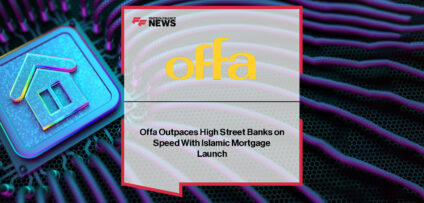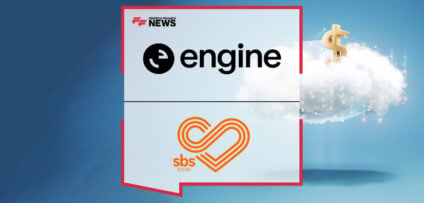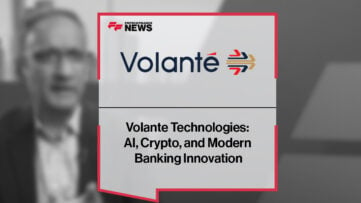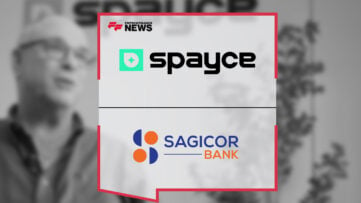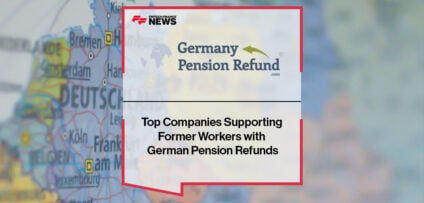Breaking News

UK consumers pay over the odds when sending money overseas
People in the UK could be paying over the odds when sending money abroad, according to new research from Paysafe, the company behind Skrill – the digital wallet and money transfer service. The research reveals that 41% of UK-based consumers would still use their bank to transfer or wire money to people overseas, incurring transfer and commission fees in the process. In contrast, just 14% of US consumers would use their bank to send money internationally.
Under a third (29%) of people in the UK currently use an international money transfer service or a person-to-person payments mobile app designed for sending money.
When thinking about the alternatives for sending money, one in five (19%) people in the UK would find a way to send cash cross-border, and 6% would pay by cheque – twice the amount as in the other European countries surveyed. Perhaps surprisingly, 3% said they would send a payment abroad using cryptocurrency.
Skrill Money Transfer is offered at no cost, with no transfer fee and no foreign exchange (FX) mark-up. This means that more money arrives for the receiver as they get the mid-market wholesale exchange rate. Customers can view the exchange rate before sending and receive a rate alert to notify them when the rate has reached a certain level. With more money arriving in the hands of people overseas, more money reaches local economies in line with World Bank Development goals.
Lorenzo Pellegrino, CEO of Skrill, NETELLER and Income Access at Paysafe, commented: “When sending money cross border, doing your homework and comparing costs can really pay off and ensure that funds get into the right hands. Remitting money abroad, especially using more traditional methods, can still be eye-wateringly expensive. Transfer fees also don’t account for exchange rates, which can leave even less money in recipients’ pockets by being unfavourable, or having a commission built in.”
He added: “Not only that, some send money processes can be excruciatingly slow. Compliance with government regulations, clearing procedures, and other factors mean a recipient can expect to wait five working days or even more before the money reaches their bank account.”
- DIFC’s Dubai FinTech Summit Expands Globally with Pakistan Digital Authority Read more
- GoldenPeaks Capital Secures Largest PPA Deal in Hungary With Hankook Read more
- Volante Technologies: AI, Crypto, and Modern Banking Innovation Read more
- Payment Spayce and Sagicor Bank: Innovating Fintech for the Caribbean Market Read more
- Top Companies Supporting Former Workers with German Pension Refunds Read more







